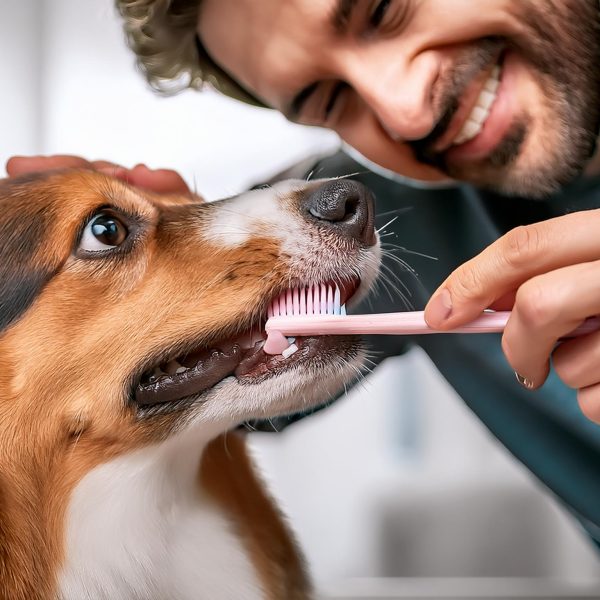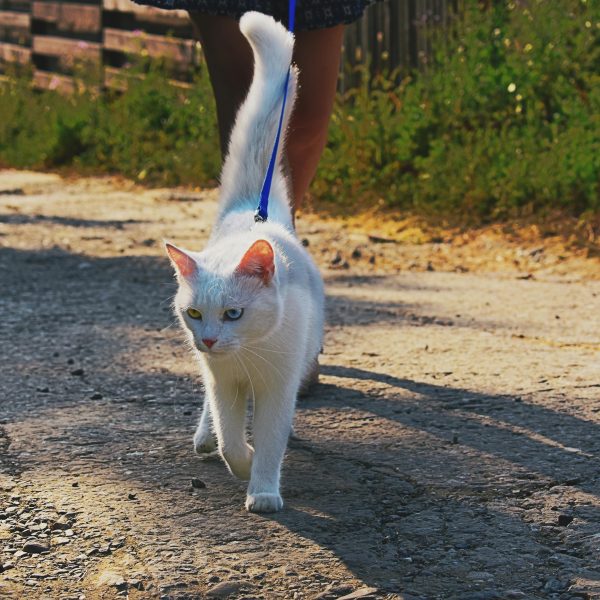Ensuring our friends’ wellbeing involves taking responsibility for their health, and one crucial aspect is vaccinations. These vaccinations play a role in safeguarding our companions from a range of diseases that can have serious consequences, even leading to fatalities. It is essential for every pet owner to comprehend the significance of vaccinations, their benefits, and why they’re necessary. In this article, we will explore the world of vaccinations, shedding light on what they are, their importance, and how they contribute to keeping our furry friends healthy.
What Are Pet Vaccinations? Pet vaccinations are measures specifically developed to strengthen an animal’s system against specific infectious diseases. These vaccines contain weakened or inactivated forms of the disease-causing organisms. By introducing these substances into a pet’s body, the immune system is stimulated to produce antibodies without causing any illness itself. This process effectively prepares the pet’s system to recognize and combat the actual disease-causing pathogens more efficiently when encountered in real-life situations, helping to prevent or minimize the severity of these diseases.
Administered Pet Vaccines:
Rabies Vaccine: Rabies poses a threat as it is a fatal viral disease that affects mammals, including humans. Typically transmitted through bites from animals, it has implications for both pets and human health alike. The rabies vaccine stands out as one of the vaccinations for pets since it not only safeguards them but also plays a pivotal role in preventing rabies from spreading among humans. In areas such as the United States, it is required for dogs and cats to receive rabies vaccinations.
Vaccine for Canine Distemper: Canine distemper is a viral illness that affects dogs all over the world. It can cause gastrointestinal and neurological symptoms, often leading to death in young puppies. The distemper vaccine is usually given as part of a combination vaccine that protects against diseases at once.
Vaccine for Canine Parvovirus: Canine parvovirus is another viral disease that primarily affects puppies and unvaccinated dogs. It attacks the system, causing severe vomiting, diarrhea, dehydration, and sometimes even death. Vaccination is the way to prevent parvovirus infection, with puppies needing multiple doses to develop immunity.
Vaccine for Canine Adenovirus: Canine adenovirus, type 2 (CAV 2), is one of the causes of canine hepatitis—a potentially serious disease that affects the liver and other organs. The adenovirus vaccine is often combined with distemper and parvovirus vaccines to help protect dogs from this illness.
Vaccine for Canine Bordetella: Bordetella bronchiseptica is a bacterium commonly associated with kennel cough—a respiratory disease in dogs. The Bordetella vaccine is recommended for dogs that regularly interact with dogs in places such as boarding facilities, dog parks, or training classes. It comes in intranasal forms.
Regarding cats, the panleukopenia vaccine is crucial as it prevents a viral disease called feline panleukopenia or feline distemper. This disease can be fatal for kittens, causing severe gastrointestinal symptoms. The panleukopenia vaccine is often included in combination vaccines for cats.
One of the benefits of vaccinations is disease prevention. Vaccines help stimulate the system to recognize and fight off pathogens, thus protecting pets from potentially life-threatening illnesses.
In addition to safeguarding pets, vaccinations also play a role in public health protection. Several diseases that affect pets can pose risks to human health as well. Take rabies, for example; it’s a disease that can be transmitted from animals to humans. By vaccinating pets against rabies, we not only protect them but also help prevent the spread of the virus to humans.
Vaccinations also offer cost savings when compared to treating illness. Veterinary treatment for diseases like parvovirus or distemper can be expensive and may not always guarantee an outcome. By preventing these diseases through vaccination, we provide a reliable way of maintaining our pets’ health.
Ensuring the long-term health of our pets is a priority, and vaccinations play a role in achieving this. By reducing the risk of diseases, vaccinations contribute to the well-being of our furry friends. Not only do they protect pets, but they also promote herd immunity within animal communities. When a significant number of animals are vaccinated, it creates a barrier that limits the spread of diseases to those who haven’t received vaccinations.
It’s crucial for pet owners to understand the importance of vaccinations and ensure that their pets receive them in a timely manner. This not only improves their quality of life but also contributes to the well-being of both animals and humans as a whole. Consulting with a veterinarian is essential as they can develop a vaccination schedule tailored to your pet’s needs and lifestyle.
By following vaccination protocols, we can provide our pets with happiness, good health, and protection for years to come.







